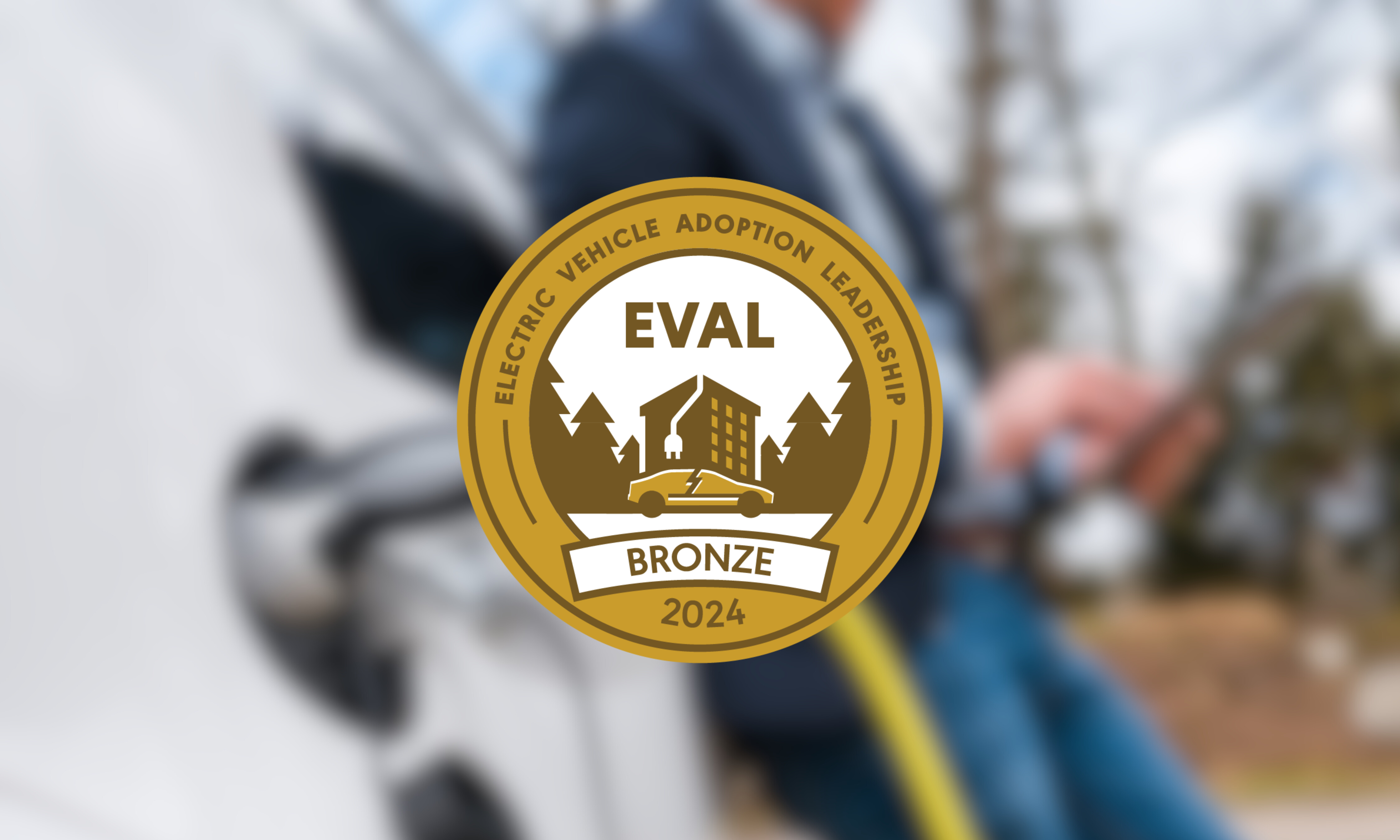 Nearly all the talk about batteries for electric cars has focused on lithium-ion batteries in recent years, but the battery champions of the last generation of electric vehicles — nickel-metal hydride batteries (NiMH) — may be poised for a bit of a comeback.
Nearly all the talk about batteries for electric cars has focused on lithium-ion batteries in recent years, but the battery champions of the last generation of electric vehicles — nickel-metal hydride batteries (NiMH) — may be poised for a bit of a comeback.
That’s the suggestion in Paul Weissler’s excellent article in Automotive Engineering International Online, published by SAE International (formerly Society of Automotive Engineers). He gives the simplest, clearest description that I’ve seen in a long time about how NiMH patent issues (with half control owned by Chevron) helped choke the last generation of electric vehicles to death.
I was surprised to read that Chevron sold its share of control last year to a joint venture between Bosch and Samsung. Weissler writes, “Under the new ownership, there might be more access to and use of large-cell NiMH technology.” So it’s conceivable that at some point consumers may have choices not only in the type of plug-in vehicle but in the type of batteries under the hood.
I want to believe what’s in the article, but I have to point out at least one significant error. The article says that a Toyota spokesman reports that many of the remaining 800 Toyota RAV4-EVs have driven 170,000 miles with few or no battery problems. Either the Toyota person didn’t know what he’s talking about, or some other kind of error occurred, I think. As a RAV4-EV driver who’s on a listserv of other drivers, I know of no one who has reached 170,000 miles with no battery problems. (We do still love our RAV4-EVs, though!) If any engineering or battery experts are reading this and spot any other flaws in the article, please let me know.
I don’t expect NiMH to replace lithium-ion or newer batteries in vehicles, but if NiMH makes a comeback in some electric vehicles, it could parallel the title of film director Chris Paine’s sequel “Revenge of the Electric Car” and become Revenge of the NiMH Batteries.
— Sherry Boschert (@sherryboschert on Twitter)
Photo of Panasonic EV-95 NiMH battery, the kind used in Toyota RAV4-EVs, courtesy of evnut.com.

